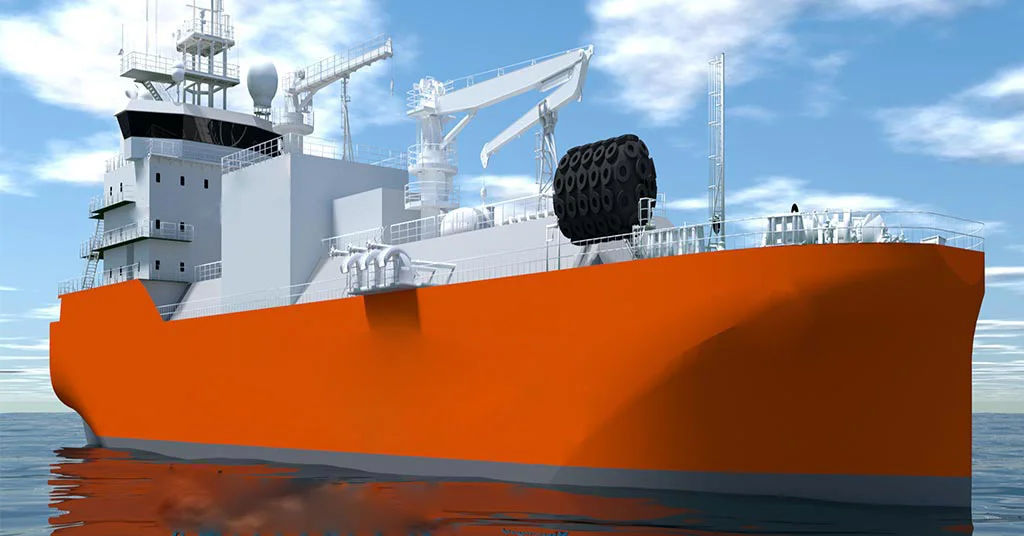Welcome To ChemAnalyst

The maritime industry is undergoing a significant transformation as methanol gains traction as the preferred alternative fuel for the decade. Recent reports indicate an unprecedented surge in orders for both newbuilds and retrofits of methanol-powered vessels. The Alternative Fuels Insight (AFI) platform by DNV has released its latest figures, revealing an astonishing addition of 48 methanol-powered ships to its database in July alone. Among these, 15 were retrofits, marking a substantial shift toward adopting methanol as a sustainable energy source in the maritime sector.
Martin Wold, a principal consultant within DNV's Maritime Advisory division, expressed his observations on this trend. He noted that the number of orders for methanol-powered vessels has now crossed the 200 mark, surpassing the previous month's record by a significant margin. Wold highlighted the remarkable coincidence of this surge in orders with two noteworthy events: the successful launch of the world's maiden methanol-fueled container vessel and the groundbreaking agreement for the supply of green methanol as ship fuel.
The momentum toward methanol retrofitting has been building up in recent weeks, making headlines in the shipping markets. Notably, German engine manufacturer MAN Energy Solutions has projected that around 2,800 vessels equipped with MAN engines are currently suitable for conversion to methanol propulsion. Dr. Tristan Smith, an associate professor specializing in energy and shipping at the UCL Energy Institute, emphasized the massive potential for engine retrofits across the global merchant fleet. He estimated that the number could reach thousands of ships annually. However, the transition to methanol is not without economic considerations. Retrofitting ships with methanol propulsion entails costs that include fuel storage and supply system adjustments. These expenses can range from $5 million to $15 million, depending on the specific fuel type. Industry experts have advised that these costs should not exceed 25% of a newbuild ship's total cost for the retrofit to be economically viable. This guidance comes from DNV, providing valuable insights for shipowners and operators navigating the transition to alternative fuels.
As the maritime industry seeks cleaner and more sustainable energy solutions, the current surge in methanol-powered vessel orders and retrofits underscores the industry's commitment to reducing its environmental footprint. With ongoing developments and advancements in alternative fuel technologies, the coming years are likely to witness further expansion of methanol's role as a prominent fuel choice for the maritime sector.
Methanol: Methanol, also known as methyl alcohol or wood spirit, is an organic chemical compound and the simplest form of aliphatic alcohol. Its chemical formula is CH3OH, consisting of a methyl group linked to a hydroxyl group. Methanol is a colorless, volatile, and flammable liquid with a characteristic alcoholic odor, similar to ethanol. The name "wood alcohol" is derived from its historical production method of destructive distillation of wood. However, in modern times, methanol is primarily produced industrially through the hydrogenation of carbon monoxide.
We use cookies to deliver the best possible experience on our website. To learn more, visit our Privacy Policy. By continuing to use this site or by closing this box, you consent to our use of cookies. More info.
